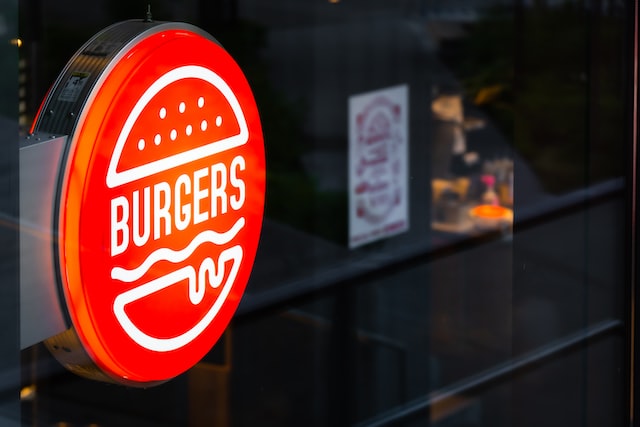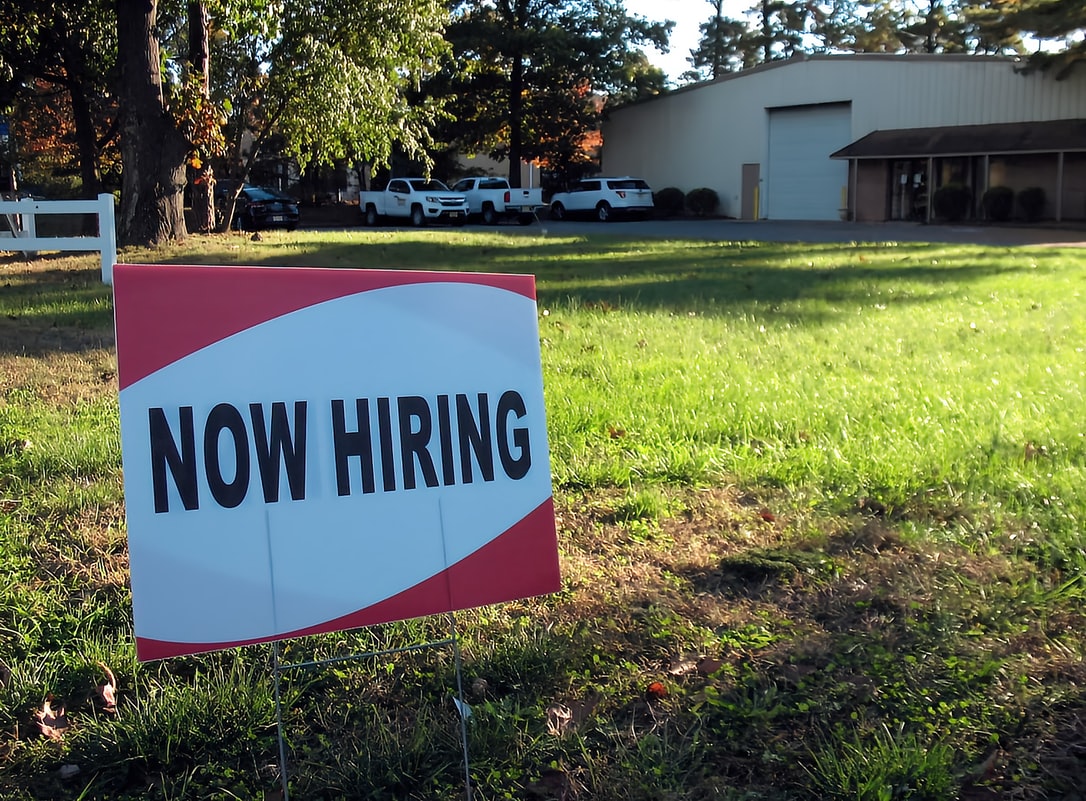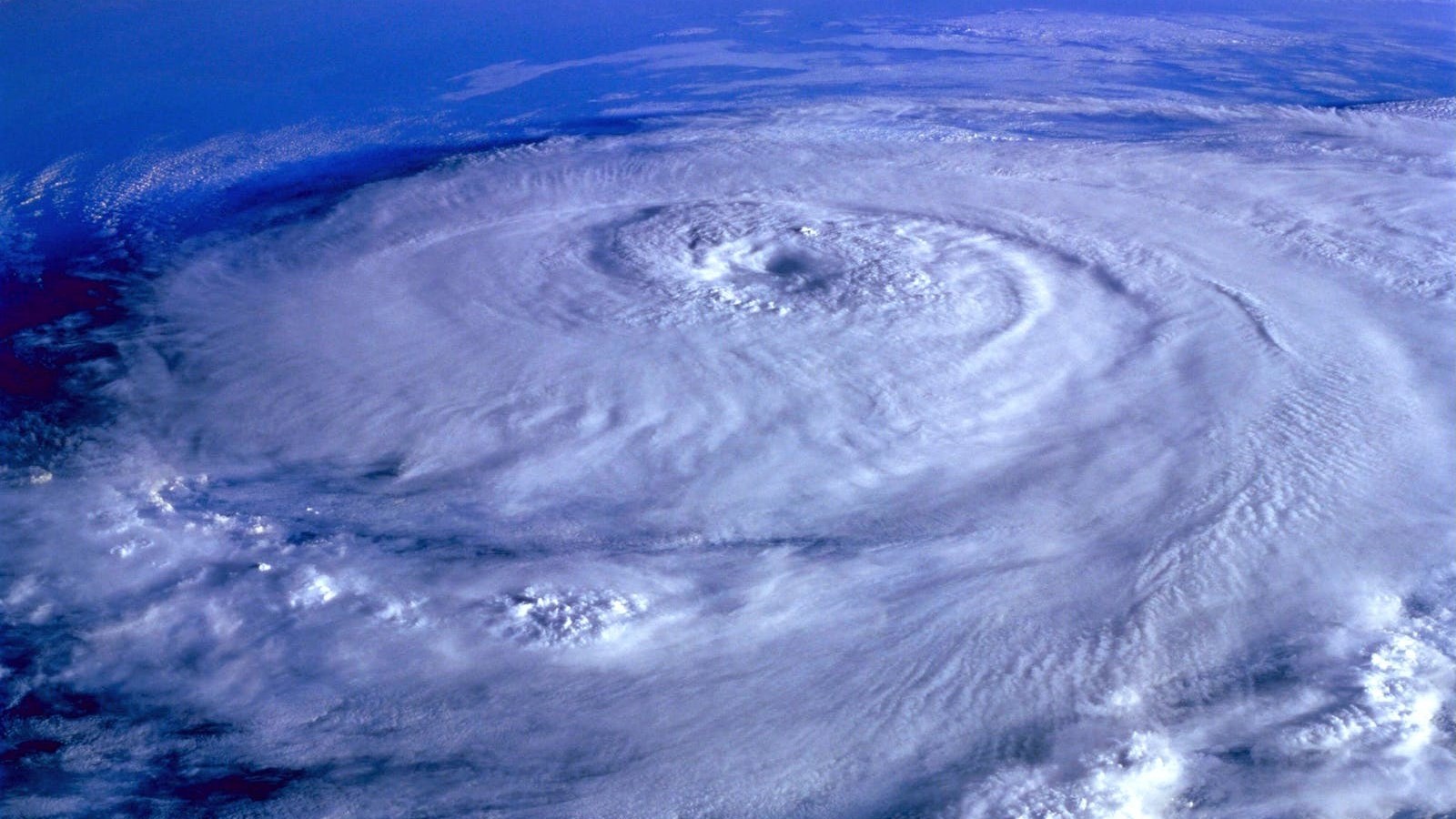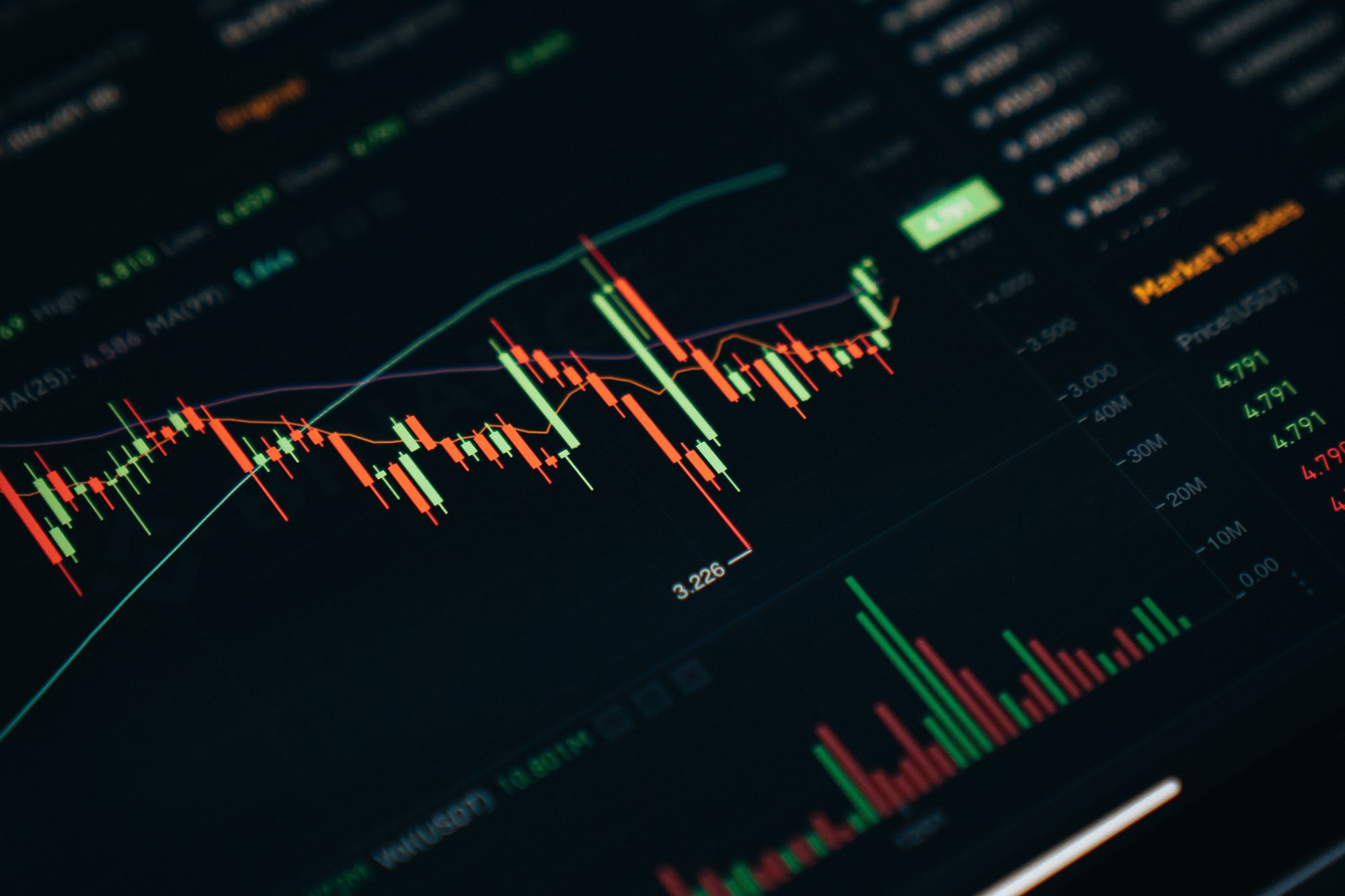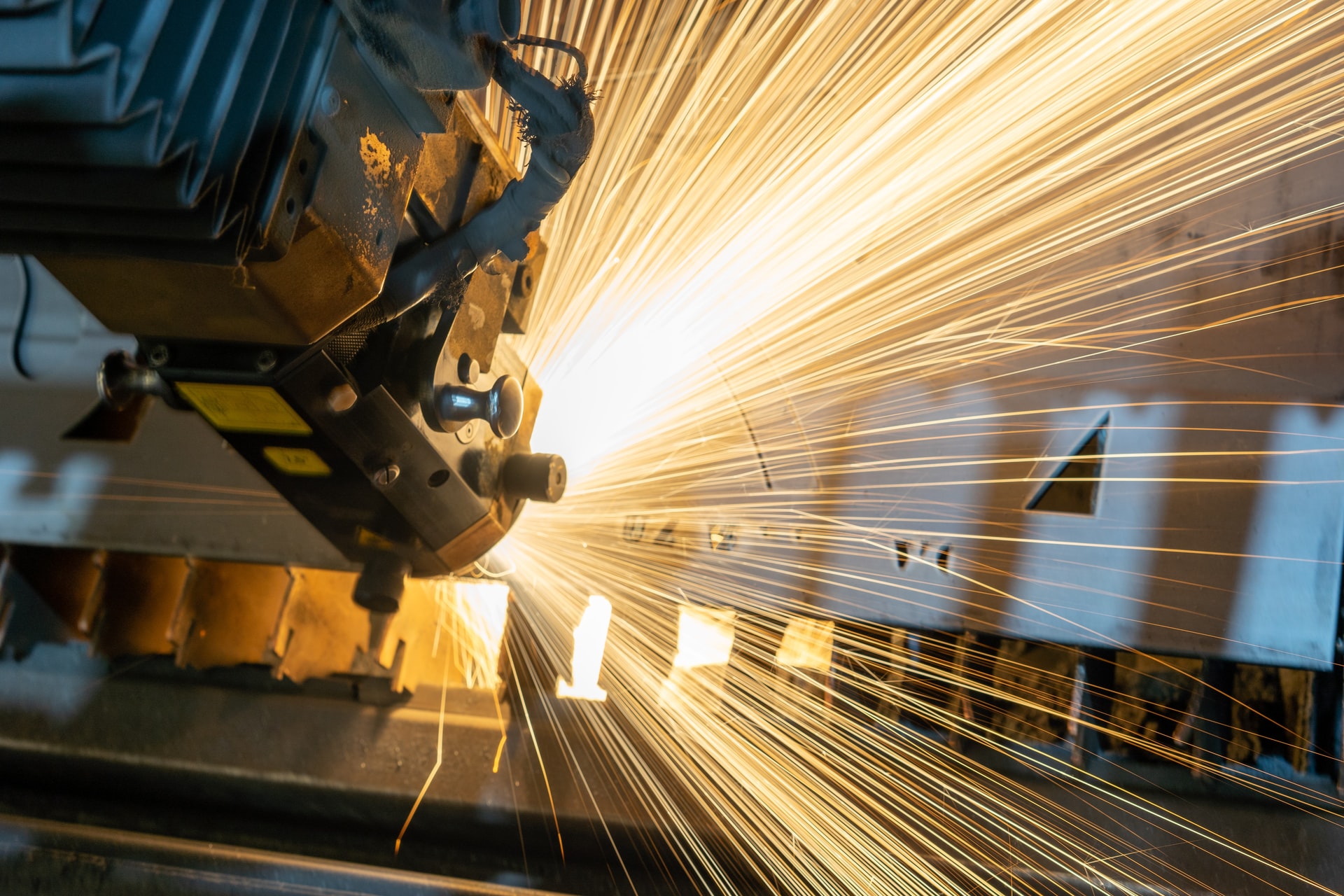
Heat pumps: the future of warmth in the American home
___
Published Date 6/4/2024
Now that summer is upon us, it may not be the most opportune time to talk about heating a home. But now is when to think about finding a more effective way to heat your home, especially if you live outside the Sunbelt. Did you know that parts of the U.S. routinely use heat pumps and find them to be more efficient than gas furnaces?
“If you’re one of the 100 percent of humans who lives somewhere warmer than –460 Fahrenheit, we’ve got good news: You probably qualify for a heat pump,” says Wired’s Matt Simon. “Instead of generating heat, this emissions-slashing superhero transfers warmth from even freezing outdoor air into your home. If the air is warmer than –460 F, or absolute zero, it’s got thermal energy in it.”
You may also not know that the toughest heat pumps are capable of operating far below 0 degrees Fahrenheit. “Even in extra-cold places, heat pumps can use additional electric elements—space heaters, basically—to provide backup heat for a home,” says Simon. “So let’s bust one of the most persistent myths about modern heat pumps: that they become worthless as soon as it gets chilly out.”
Simon points out how Nordic nations, which endure Europe’s coldest climates, use heat pumps in sixty percent of their households. In 2022, Finland installed more of them than any other country in Europe, while Sweden has gone all-in on them. Here in the U.S.? Heat pumps are selling like hotcakes in Alaska, and last year Maine announced it had reached its goal of installing 100,000 of the devices.
US-wise, heat pumps are now outselling gas furnaces. Why? Because heat pumps are fully electric, and they can run on a grid that’s increasingly loaded with renewable energy from sources like wind and solar, backed up by tons of battery power. “That makes the appliances essential for decarbonization,” says Simon, who cites a study earlier this year that found that if every American got a heat pump, it could cut emissions in the residential sector by 36 to 64 percent, and cut overall US emissions by 5 to 9 percent. The bottom line? The only thing holding heat pumps back from their full potential is that we don’t have enough skilled workers to install them quickly enough.
So it’s not a matter of if; it’s a matter of how fast the heat pump will supplant the gas furnace. Simon quotes Quilt CEO and heat pump expert Paul Lambert: “We are moving past combustion as our primary heat source, for our homes and our families, for the first time in human history. We’ve either been burning wood, or burning coal, or burning natural gas, or burning oil.”
A heat pump works by circulating refrigerants and changing their pressure, and thus their temperature. Both will grab thermal energy from outdoor air and then do the reverse in the summer to act like an air conditioner. Over the years, the appliances have gotten ever more efficient as their various components and refrigerants have improved.
Manufacturers make heat pumps specifically designed for cold climates, which can operate continuously as temperatures plunge into the negative. Simon reports that Trane is developing its own cold-climate heat pump it expects to release in 2025, which uses vapor injection technology. “This works like fuel injection in car engines, only it’s injecting refrigerant into a closed-loop cycle in the compressor. That boosts the heat pump’s ability to extract thermal energy.” This will offer the added capacity needed for systems to run in temperatures at up to –23 degrees F as evidenced by recent testing.
How about efficiency? Scientists look at the “coefficient of performance,” or COP, which is the ratio of the energy consumed to the heat produced. If a technique is 100 percent efficient, it has a COP of 1, meaning one unit of energy going in, one unit of heat coming out. Simon says a gas furnace, for example, produces heat that blows into a home, but some of that heat is also lost during combustion, so even the most efficient models have a COP of less than 1.
“Overall, it’s way more efficient for a heat pump to move heat than it is to generate it, like a gas furnace does,” he says. “By running on electricity instead of fossil fuels, a heat pump can manage a COP of 3, meaning three units of heat for every one unit of energy, but in extreme cases they can get up to a COP of 6, depending on the conditions and the model.”
It’s important to have a trained technician properly install a heat pump sized both for the volume of the home and in consideration of the lowest temperatures which that area will endure.
Offsetting costs to the consumer means governments might implement higher taxes on fossil fuels and use the revenue to lower utility bills. They can also roll out tax rebates or grants for installing heat pumps. “The US Inflation Reduction Act, for instance, provides thousands of dollars for people to switch to a heat pump and do additional electric work that may be required to run them,” says Simon. “The bill also covers weatherization—means of weatherproofing a building, like insulation and windows—that would help a home retain heat, thus increasing the efficiency of a heat pump: The less you have to run it, the less electricity you have to use and the lower your operating costs.”
Simon says the home of tomorrow is fully electric, with a heat pump providing both cooling and heating, even on frigid winter nights. “Like the abominable snowman, heat pumps not working in cold weather is a myth.”
Wired, TBWS
All information furnished has been forwarded to you and is provided by thetbwsgroup only for informational purposes. Forecasting shall be considered as events which may be expected but not guaranteed. Neither the forwarding party and/or company nor thetbwsgroup assume any responsibility to any person who relies on information or forecasting contained in this report and disclaims all liability in respect to decisions or actions, or lack thereof based on any or all of the contents of this report.


Chris A. Heidt
NMLS: 38412
Northpointe Bank
8660 College Parkway, Suite 150, Fort Myers FL
Company NMLS: 447490
Cell: 239-470-6310
Email: cheidt@heidtfinancialllc.com
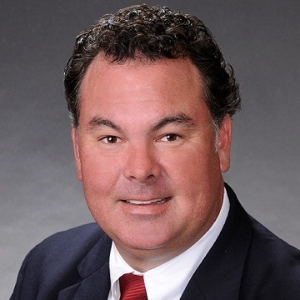
Chris A. Heidt
___
NMLS: 38412
Cell: 239-470-6310
Last articles
___

Stale listings; Diamonds in the rough?
6/17/2024
There’s a buyer for every home. Or is there?... view more

Three things that could impact rates this week
6/17/2024
These are the three areas that have the greatest ability to impact rates this we... view more

Markets expect a calmer week ahead
6/17/2024
It is a short week with markets closed on Wednesday for Juneteenth. The calendar... view more

What happens when you grow up but your furniture doesn’t?
6/14/2024
When the scale of your furniture reflects IKEA instead of...... view more

Both Import and Export prices decreased in May
6/14/2024
At 8:30 am ET more good news on May imports and export prices. Imports expected ... view more

Looking beyond a kitchen’s glamor
6/13/2024
Kitchens are arguably today’s house jewelry — often the part of the house that m... view more

The May Producer Price Index beat expectations by contracting
6/13/2024
The May headline Producer Price Index (PPI) contracted by -0.2% versus estimates... view more

Pickleball right in your own backyard? Why not?
6/12/2024
Pickleball. The sport became a thing in the summer of 1965, when its founders...... view more

Markets get a boost on lower than expected Consumer Price Index
6/12/2024
The improvement in rates began yesterday on the very strong 10 year note auction... view more
Load more
 Northpointe Bank
Northpointe Bank










